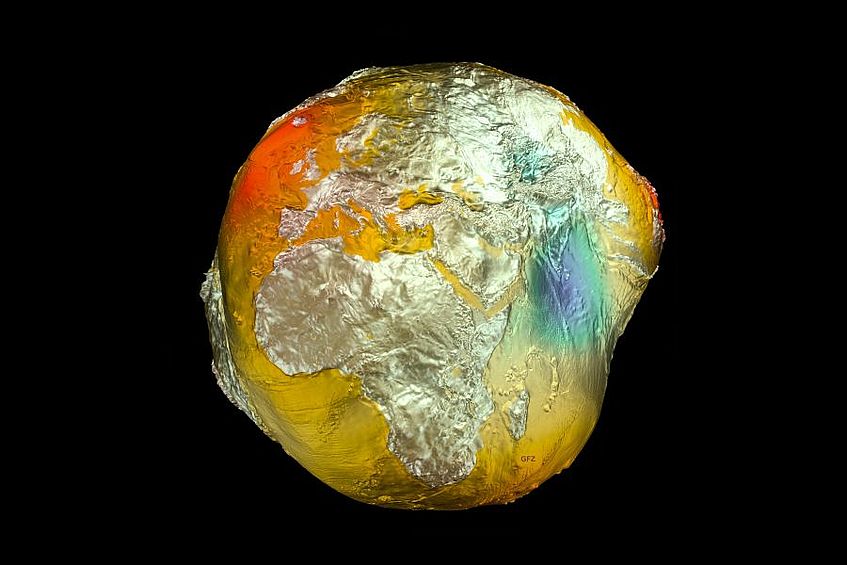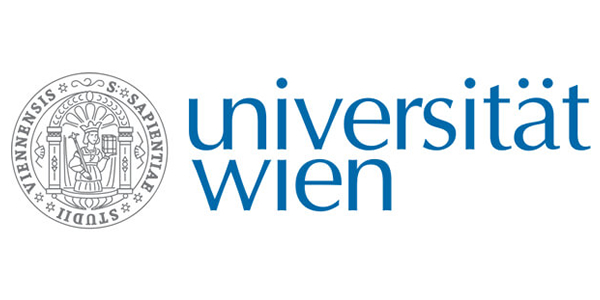Physics of the Earth (Geophysics)
- Abschluss: Master of Science (M. Sc.)
- Umfang: 4 Semesters, 120 ECTS Punkte
- Studienart: Präsenzstudium, Vollzeit
- Bildungsfeld: Naturwissenschaften
- Unterrichtssprache: Englisch
- Website: slw.univie.ac.at

The study programme „Physics of the Earth“ targets the functioning of the Earth, and how to explore its structure; it thus approaches some of the major challenges facing humanity that arise through our dependence on natural resources, and our need for environmental and societal safety.
The joint master study is a two-year programme offered by the major universities of Austria and Slovakia: University of Vienna and Comenius University in Bratislava building on the strength and complementary expertise.
„Physics of the Earth“ refers to our physical environment, and what we can learn about it through the application of principles from physics. The focus of the study programme is on furthering the exposure to mathematics and physics as relevant in the Physics of the Earth, and the quantitative methods used in the field. Students learn how to observe and mathematically describe phenomena occurring in the Earth interior.
Students obtain a strong knowledge of seismology and elastic wave propagation as well as of the gravity and magnetic field of the Earth. The fundamental education advances analytical thinking, independence, and develops problem-solving competence that can be applied to questions of basic research as well as industrial application.
Study Overview
Five compulsory modules develop the students’ basic knowledge of mathematical and numerical tools and of the main principles of the physics of the Earth:
- Basic mathematical and numerical methods applied in modelling, time series analysis and in solving inversion problems
- Continuum mechanics and basics in rheology
- Basics of seismology
- Physical properties and structure of the Earth and tectonophysics
- Dynamic processes of the Earth interior
- Magnetic field and gravity field of the Earth
- Instrumentation in earthquake seismology as well as in gravity and magnetic field observation
Students deepen their knowledge and focus on specialization topics within two compulsory elective modules.
After Graduation
Students will find career options in fundamental research and technologically-oriented companies, particularly in the fields of energy, security, raw materials, groundwater, and environment. Pertaining research is performed in national research organizations, universities, and the private sector. These are applied in national and international organizations (e.g., CTBT, IAEA), in companies dealing with oil and gas or other natural resources, and in the insurance industry. The rigorous approach learned in this programme allows graduates to use their skills also in other physical and natural science occupations. Students acquire skills in information technologies and data processing, as well as physical measurement. Beyond job opportunities that are available exclusively to quantitatively-trained graduates, more general opportunities exist in public administration, engineering companies, consulting etc.
UNI-Profil
Universität Wien
Universitätsring 1, 1010 Wien
Telefon: 01 42770 Website: www.univie.ac.at
